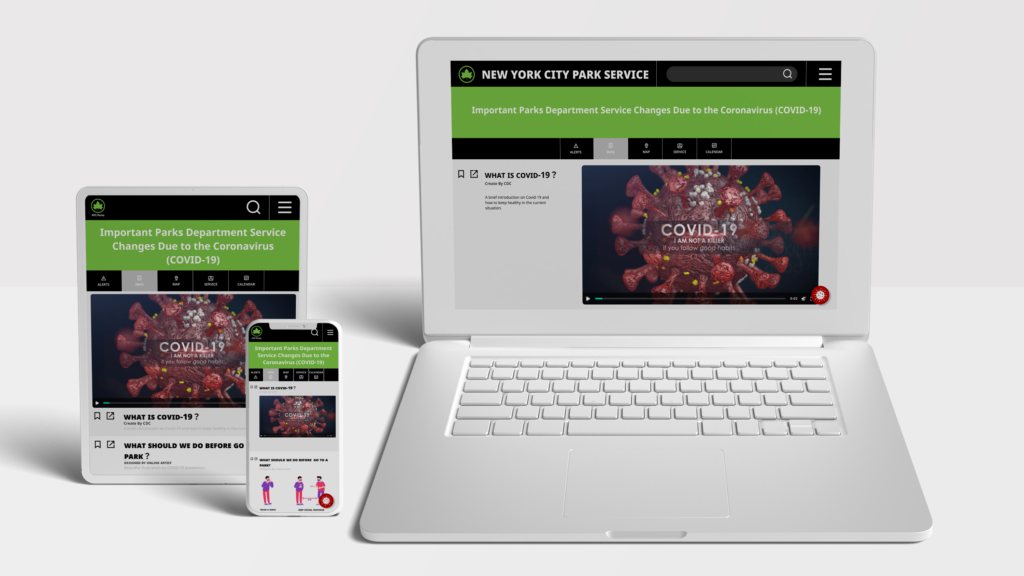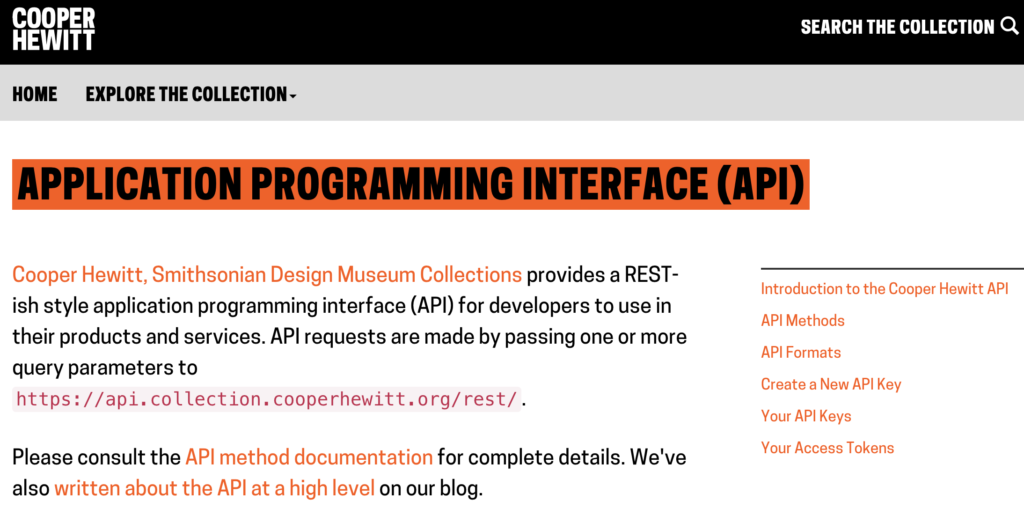Evaluation Story: Cooper Union Library Website
ABOUT THE PROJECT The Cooper Union Library has served The Cooper Union community for over 160 years. With the recent redesign of their library website, the purpose of this project is to learn how users interact with the website and provide recommendations to enhance the usability and user experience. By using UserZoom Go, an online, […]
Evaluation Story: Cooper Union Library Website Read More »




